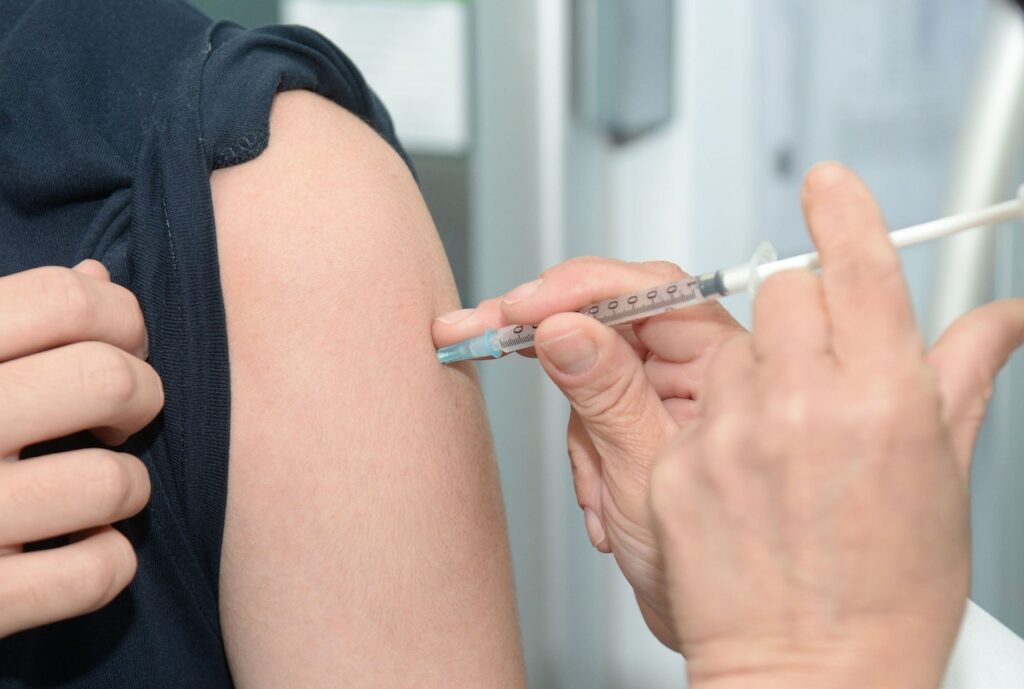This year, the Centers for Disease Control and Prevention (CDC) has updated flu vaccine components, provided more guidance on which vaccines are recommended and when, and given suggestions on how to protect yourself during the 2019–2020 flu season.
We’ll break down this information so you know what you can do to stay healthy during this year’s flu season:
Vaccine Updates
The CDC has updated some vaccines to better combat viruses that are expected to be going around. This includes vaccines protecting against the two most common A-strains, H1N1 and H3N2.
The CDC has also stated that trivalent flu shots will no longer be offered; instead, all regular-dose flu shots will be quadrivalent. Trivalent vaccines protect against three strains: H1N1, H3N2, and 1 out of the two B-strains, Massachusetts or Brisbane, whichever is predicted to affect people more in a given year. Quadrivalent vaccines protect against H1N1, H3N2, and both B-strains. Quadrivalent vaccines can be highly beneficial to citizens as they offer a greater level of protection.
What Flu Vaccines You Need and When
This year, you can choose between a variety of vaccine options:
- A shot administered by needle into the muscle.
- High-dose flu shots or shots made with adjuvant for people ages 65 and older.
- LAIV, a vaccine given by nasal spray with a live attenuated virus.
- Shots made using vaccine production technology that does not use flu virus.
- Shots made with virus grown in cell culture, a vaccine best for those with egg allergies.
It’s hard to say exactly when is the best time to be vaccinated, but the CDC recommends that you get your flu shot around the end of October. Kids under age 8 who need 2 doses should get their first dose as soon as possible so they can receive their second dose near the end of October.
Flu season is expected to begin in October or November and peak during December through February. Flu activity can continue through as late as May
How to Protect Yourself this Flu Season
The best way to protect yourself and your loved ones is to ensure those 6 months and older receive their annual flu shot. In addition, stay away from those who do become sick and wash your hands frequently to prevent germs from spreading. Safeguard your little ones, especially if they are 6 months old or younger, since they are at high risk for serious flu complications but are too young to be vaccinated.
You can still get sick after being vaccinated, so if you or your family do get sick, stay home from work and school to ensure you don’t get others sick. Symptoms may include a cough, sore throat, muscle aches, and fever.
If you don’t recover after a couple of weeks or prone to flu complications, contact your healthcare provider. You could be at risk for heart inflammation or organ failure, such as respiratory or kidney failure, for which you will need to seek immediate treatment.
By following these protective guidelines and getting vaccinated, you can keep yourself and your loved ones healthier during the 2019–2020 flu season.

